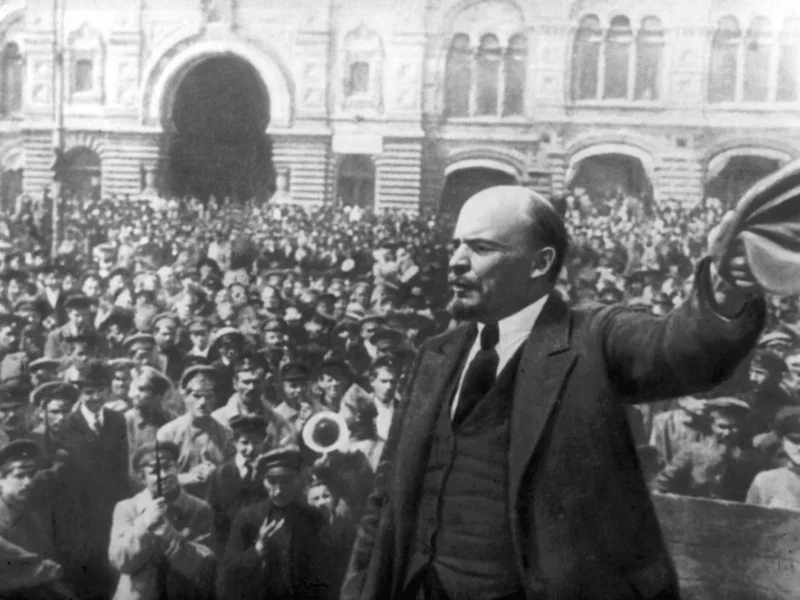Throughout history, leaked documents have shaped world events, toppled regimes, and exposed corruption. Often released by individuals driven by principles of transparency, justice, or personal vendettas, these leaks provide a rare glimpse into the inner workings of governments, corporations, and powerful institutions. But who are the people behind these explosive revelations, and what motivates them to risk everything?
The Power of Leaked Documents
Leaked documents have had far-reaching consequences, from the Pentagon Papers to the Panama Papers. These leaks have sparked protests, redefined policies, and altered the course of nations. They hold power because they often expose hidden truths, providing evidence that challenges official narratives.
The leaks can range from classified government memos and diplomatic cables to financial records and corporate strategies. Regardless of the content, they are a powerful reminder of the fragile balance between secrecy and accountability.
Famous Leaks That Shaped the World
The Pentagon Papers (1971)
Leaked by Daniel Ellsberg, a former U.S. military analyst, the Pentagon Papers exposed the U.S. government’s deception about the Vietnam War. The documents revealed that successive administrations had misled the public about the war’s progress and objectives. Ellsberg’s leak led to widespread anti-war sentiment and underscored the importance of a free press.
WikiLeaks (2006-2010)
Founded by Julian Assange, WikiLeaks became synonymous with whistleblowing in the digital age. The organization released thousands of classified documents, including U.S. military logs from Iraq and Afghanistan and diplomatic cables. While some hailed WikiLeaks as a champion of transparency, others criticized it for jeopardizing national security.
The Panama Papers (2016)
Leaked by an anonymous whistleblower, “John Doe,” the Panama Papers exposed how global elites used offshore tax havens to hide wealth. The leak implicated world leaders, celebrities, and corporations, leading to worldwide resignations, investigations, and policy reforms.
Edward Snowden’s NSA Revelations (2013)
A former National Security Agency contractor, Edward Snowden, disclosed classified documents detailing the U.S.’s and its allies’ mass surveillance programs. Snowden’s revelations sparked a global debate on privacy, security, and the ethics of government surveillance.
Who Are the Whistleblowers?
The individuals behind these leaks come from diverse backgrounds but often share common traits: courage, moral conviction, and a willingness to face significant risks. Whistleblowers are frequently insiders—analysts, contractors, or employees—with access to sensitive information and feel compelled to act when they witness wrongdoing.
Motivations vary:
Altruism: Some, like Snowden, believe the public has a right to know about abuses of power.
Personal Grievance: Others may act out of frustration with their employer or desire revenge.
Financial Gain: In rare cases, leaks are motivated by monetary rewards.
The Risks They Face
Whistleblowers often pay a steep price for their actions. Legal consequences, exile, loss of livelihood, and even threats to personal safety are common. Yet, their sacrifices underscore the importance of holding powerful entities accountable.
The Role of Technology
The digital era has transformed the act of leaking. Encryption tools, anonymous file-sharing platforms, and whistleblower organizations like WikiLeaks have made it easier to expose secrets while protecting sources. However, these same tools have also intensified debates about the ethics and legality of leaks.
Conclusion
Leaked documents serve as a potent force for truth and accountability, reshaping history profoundly. While the motivations of those behind these revelations may vary, their impact is undeniable. By challenging the status quo, whistleblowers remind us of the enduring power of information in a world that thrives on secrecy.



